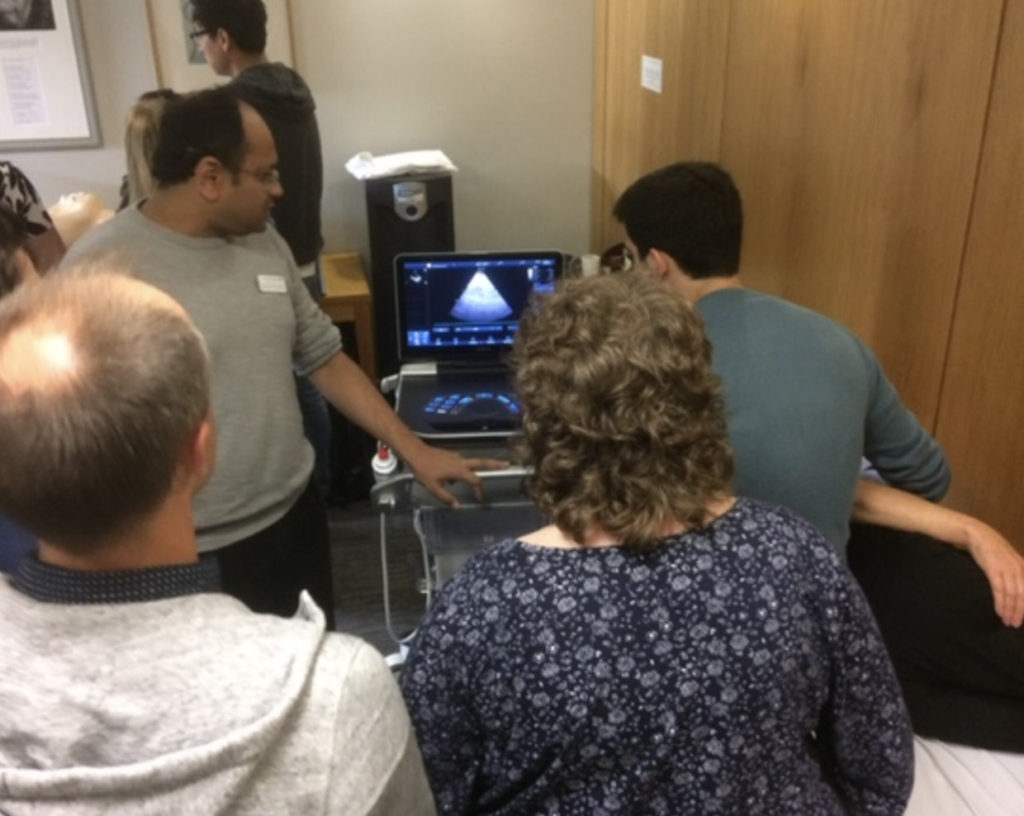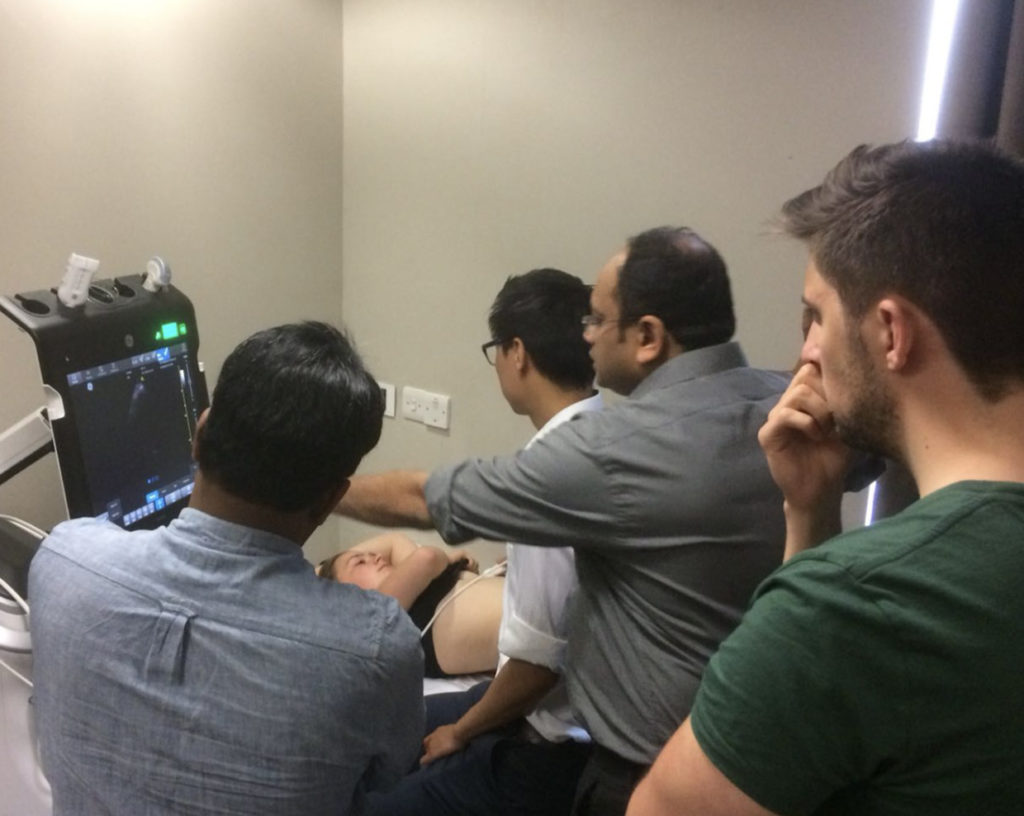- Posted on
- Royal Papworth
- No Comments
The continuous development of the technology sector has enabled the industry to merge with medicine in order to create new integrated, reliable, and efficient methods of providing quality health care. One of the ongoing trends in cardiology at present is the proposed utilization of artificial intelligence (AI) in augmenting and extending the effectiveness of the cardiologist.
Cardiology is a vast field that focuses on a large number of diseases specifically dealing with the heart, the circulatory system, and its functions. As such, similar symptomatologies and diagnostic features may be present in an individual, making it difficult for a doctor to easily isolate the actual heart-related problem. Consequently, the use of artificial intelligence aims to relieve doctors from this hurdle and extend better quality to patients.
Ongoing Trends
Experts have long been proposing that the results of screening tests such as echocardiograms, MRIs, or CT scans should be analyzed using more advanced techniques in the field of technology. As such, while artificial intelligence is not yet widely used in clinical practice, it is seen as the future of healthcare.
This is because AI or machine learning would allow for an accurate measure of patient functioning and diagnosis from the beginning up to the end of the therapeutic process. In particular, the use of artificial intelligence in cardiology aims to focus on research and development, clinical practice, and population health.
Created to be an all-in-one mechanism in cardiac healthcare, AI technologies incorporate complex algorithms in determining relevant steps needed for a successful diagnosis and treatment. The role of artificial intelligence specifically extends to the identification of novel drug therapies, disease stratification or statistics, continuous remote monitoring and diagnostics, integration of multi-omic data, and extension of physician effectivity and efficiency.
Seemingly high-reaching medical researchers, engineers, and scientists are also evaluating the use of artificial intelligence in genome and environmental analysis, particularly for heart disease patients.
A particular example of the use of artificial examination in cardiology is the experimental study of Dawes and his colleagues on heart disease patients, published in 2017. The researchers utilized cardiac MRI-based algorithms coupled with a 3D systolic cardiac motion pattern to accurately predict the health outcomes of patients with pulmonary hypertension. The experiment proved successful, with the technology being able to pick up 30,000 points within the heart activity of 250 patients.
With the success of the aforementioned study, as well as the promise of other research on artificial intelligence, cardiology is seemingly moving towards a more technological practice.
Issues and Challenges
The primary issue about using artificial intelligence in cardiology, or in any field of medicine for that matter, is the ethical issues that it brings about. Physicians and healthcare professionals prior to their practice swear to the Hippocratic Oath—a promise to do their best for the welfare and betterment of their patients. Many physicians have argued that the use of artificial intelligence in medicine breaks this oath since patients are technically left under the care of machines than of doctors.
Furthermore, as machines may also malfunction, the safety of patients is also on the line at all times. As such, while medical practitioners see the promise of artificial technology, they are also heavily constricted about its use, safety, and appropriateness in medical practice.


